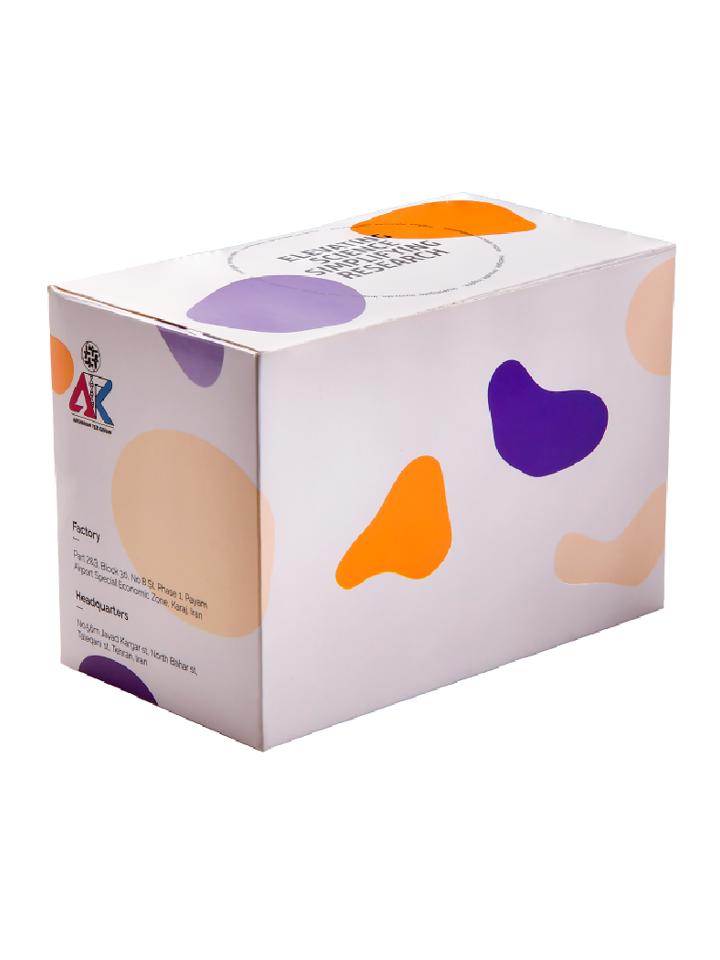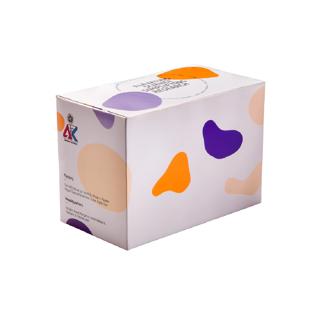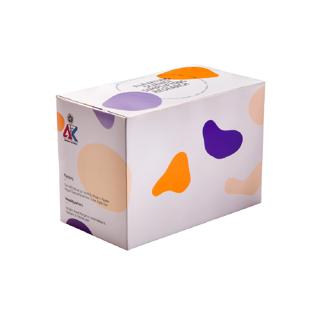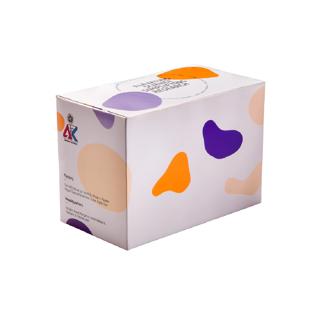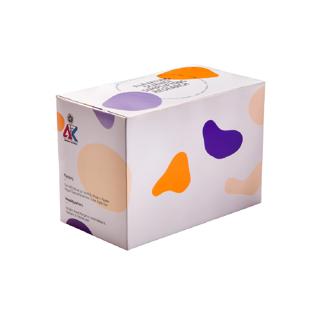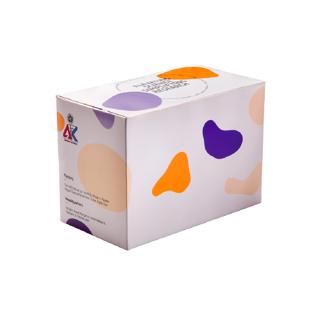HPG Elisa 96T Read more
- HPG Elisa: 96T
100% original
Guarantee of the originality of the product
Payment methods
You can pay for the product in the usual ways
10 days money back guarantee
If you are not satisfied with the product, you can receive your money within ten days after purchase
Please buy for advice HPG Elisa 96T Call the numbers below
List of files related to HPG Elisa 96T
Introduction HPG Elisa 96T
HPG Elisa 96T
Application of HPG Elisa 96T kit
Anti-Helicobacter pylori IgG kit is designed for quantitative and semi-quantitative measurement of specific IgG class antibodies against specific antigens of Helicobacter pylori organism in serum or plasma.
This kit is supplied in a package of 96 tests by Arghvan Teb Kavian Company. Members of the Helicobacter genus are Gram-negative rod-shaped, spiral, curved or spindle-shaped organisms, which have been isolated from the digestive and hepatobiliary tracts of many mammals, including humans. Helicobacter pylori are classified into two groups, species that live in the stomach (gastric helicobacter) and species that live in the intestines (intestinal-hepatic helicobacter).
Humans are the primary reservoir of Helicobacter pylori, and this organism is associated with gastritis, gastric and duodenal ulcers, gastric adenocarcinoma, and lymphatic tissue tumors related to mucous membranes (MALT). After the organism enters the body, following a short acute period of infection characterized by symptoms such as nausea, pain, vomiting, and fever, the organism settles in the digestive tract and this settlement is possible for years, decades, and even until the end of life. to happen
In the absence of induced ulcers caused by drugs such as non-steroidal anti-inflammatory compounds, 90% of duodenal ulcer sufferers have Helicobacter pylori infection. Helicobacter pylori is present in fifty to eighty percent of benign stomach ulcers. Long-term colonization of Helicobacter, which is associated with chronic and metaplastic gastritis and atrophic gastritis, is a known predisposing factor for gastric adenocarcinoma.
The specific IgG assay against Helicobacter pylori is useful to confirm contact with the organism, both for epidemiological purposes and for the evaluation of symptomatic patients. IgM appears in the serum during the acute transient phase and disappears quickly and has little diagnostic value. Regarding IgA measurement, there are not many confirming findings available, and both IgG and specific IgA are stable in the serum of recovered people for a long time.
In any case, the interpretation of specific antibody results against Helicobacter pylori both from the IgG class and from the IgA class should be done by looking at the clinical symptoms. The pathogenicity of Helicobacter pylori is done through the secretion of various toxins rather than tissue invasion. Among the secreted toxins, two toxins, CagA and VacA, are more related to the pathogenicity of the organism than other toxins.
Various studies have shown that there is a significant difference in terms of CagA expression between different strains common in different parts of the world, and therefore the preparation of antigens from local strains for use in diagnostic kits plays an important role in matching the results with the symptoms of the patient in the native populations of the region. has In the anti-Helicobacter pylori kit of Arghvan Teb Kavian Company, local strains are used in the preparation of antigen, so the results are most compatible with clinical symptoms.
Technical Specifications HPG Elisa 96T
| Brand | ارغوان طب کاویان |
| Model | HPG Elisa 96T |
| نام شرکت | گروه آزمایشگاهی پادینا ویستا |
 English
English
 فارسی
فارسی
 العربية
العربية

